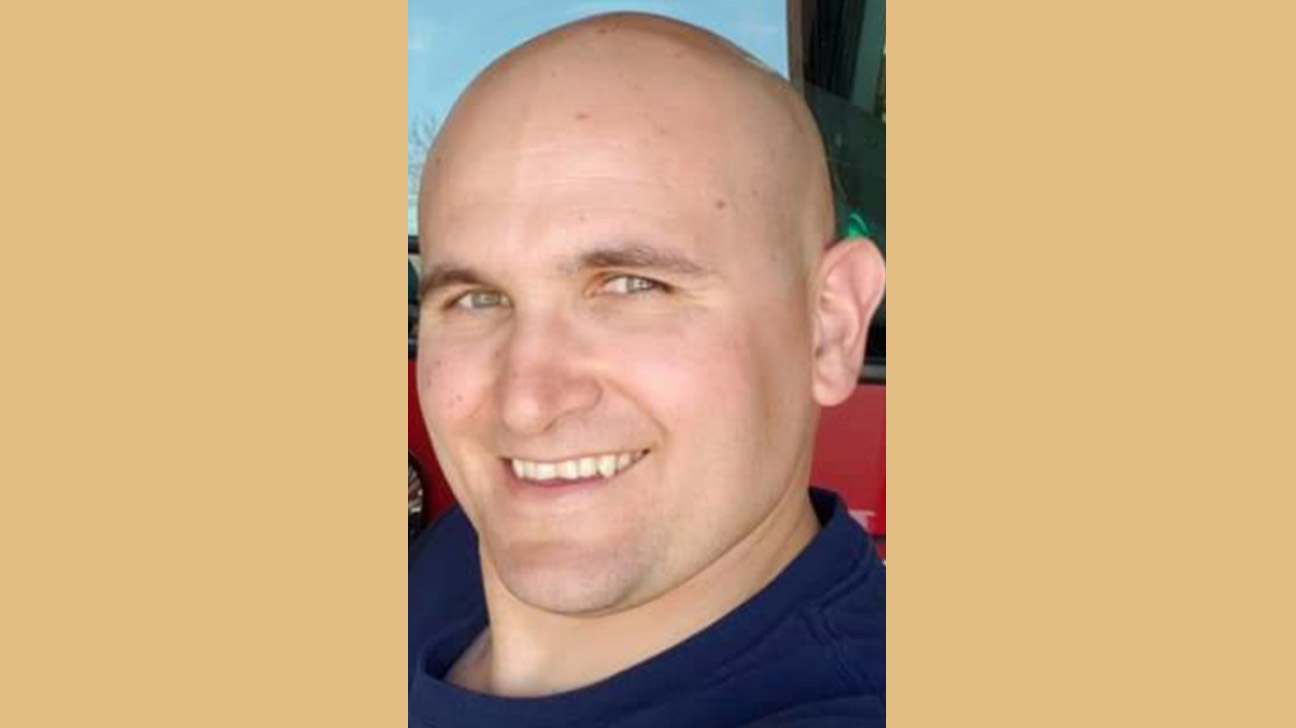Source: Healthline
Joe Biasi is a 35-year-old firefighter and paramedic in Illinois. When early cases of COVID-19 were being reported, he knew the nature of his job put him at increased risk for contracting the virus.
However, when he became sick, he was surprised.
“As a paramedic I take precautions all the time. I wash my hands and practice proper hygiene. I work out every day and eat pretty well. I’m young and thought I wouldn’t get it, but when it hit me it made me realize that it was a lot more serious than was being said,” Biasi told Healthline.
On March 14, Biasi began having chest tightness, a dry cough, and some stomach pain. He didn’t think anything of it until 2 days later when he came down with a fever of 102.5°F. He called his doctor, who thought it might be the flu.
“I had the flu before, and my body felt different,” Biasi said.
Still, his doctor gave him Tamiflu and suggested he go into isolation. Biasi stayed upstairs in a room isolated from his wife and their 19-month-old son.
“I had a fever for 11 days. It broke two or three times, but would come back every night. That week I got more chest tightness and shortness of breath. My wife was cooking food and leaving it by the door. My favorite steak tasted so bland, so I told her just to give me rice,” he said.
He attempted to get tested for COVID-19 at a few immediate care centers and was told he was too young and healthy to qualify for a test.
After a week of trying, he finally forced himself to find the strength to drive 30 minutes to a hospital, where he tested positive for COVID-19.
After staying in isolation for 4 more days, Biasi started coughing up blood. He sent pictures to his doctor, who suggested he visit a COVID-19 clinic.
At the clinic a chest X-ray showed that his lungs were infiltrated with fluid. Because he was too fatigued to drive to the hospital from the clinic, he was taken there in an ambulance.
During his 5-day stay at the hospital, he received medications, including hydroxychloroquine. He also received a pneumonia diagnosis. When he was discharged, he wasn’t given much direction except to let the virus run its course.
At home, he still experienced shortness of breath and low energy.
“After all my symptoms went away, I was still fatigued, so I started to walk around the block. Just walking one block made me really exhausted. Eventually my symptoms went away and I got cleared to go to work after being off 5 weeks,” Biasi said.
Before going back to work, he got a chest X-ray that showed his lungs were healed.
“I was worried that I might have permanent lung damage, but I didn’t,” Biasi said.
He’s grateful his wife only had some symptoms of fatigue and shortness of breath that didn’t last long, and that his son only had a runny nose. A few of his co-workers tested positive and were quarantined, but none ended up in the hospital.
He plans to get antibody testing and donate plasma to the Red Cross to help others.
He hopes everyone helps by doing their part, too.
“This is serious. I lived through it. Wear a mask, try to social distance, and take it seriously, even though we have to go on with our lives,” Biasi said.
Cathy Cassata is a freelance writer who specializes in stories about health, mental health, and human behavior. She has a knack for writing with emotion and connecting with readers in an insightful and engaging way. Read more of her work here.
Related:
After 13 ER visits, woman with COVID-19 needed to travel to Dallas for hydroxychloroquine treatments
Jacksonville man treated with HCQ survives COVID-19, donating plasma to help others escape death
Daniel and Liz Penny had coronavirus. It was awful.
Documentary: Perspectives on the Pandemic | The (Undercover) Epicenter Nurse | Episode Nine

